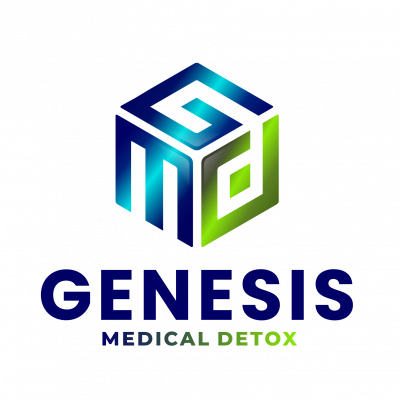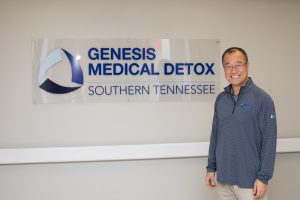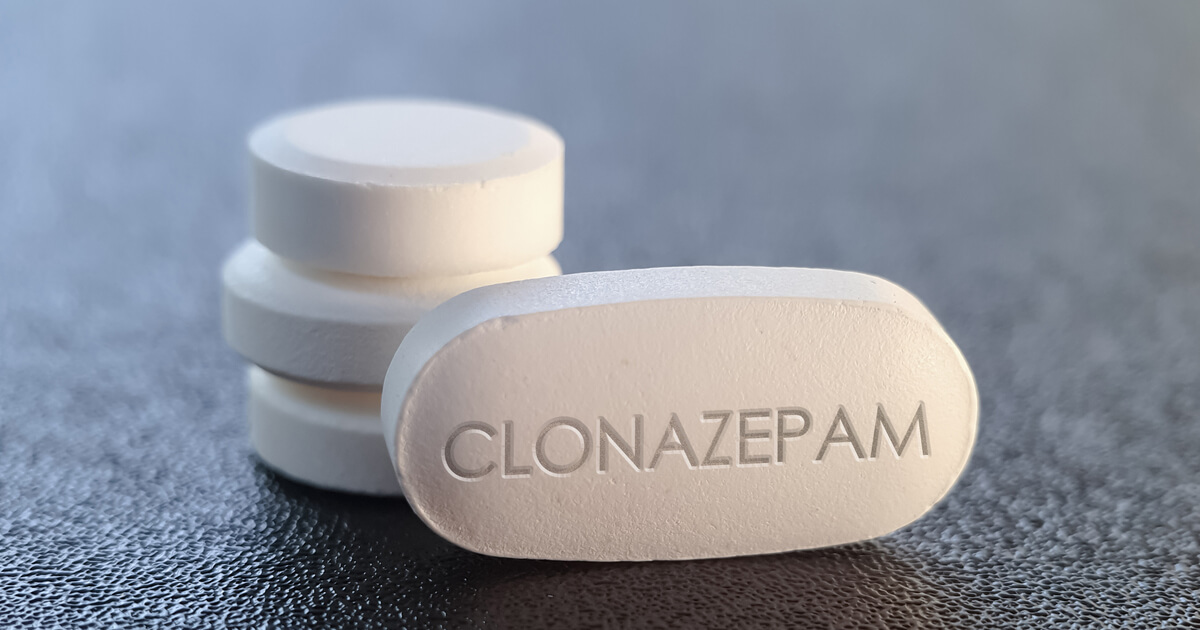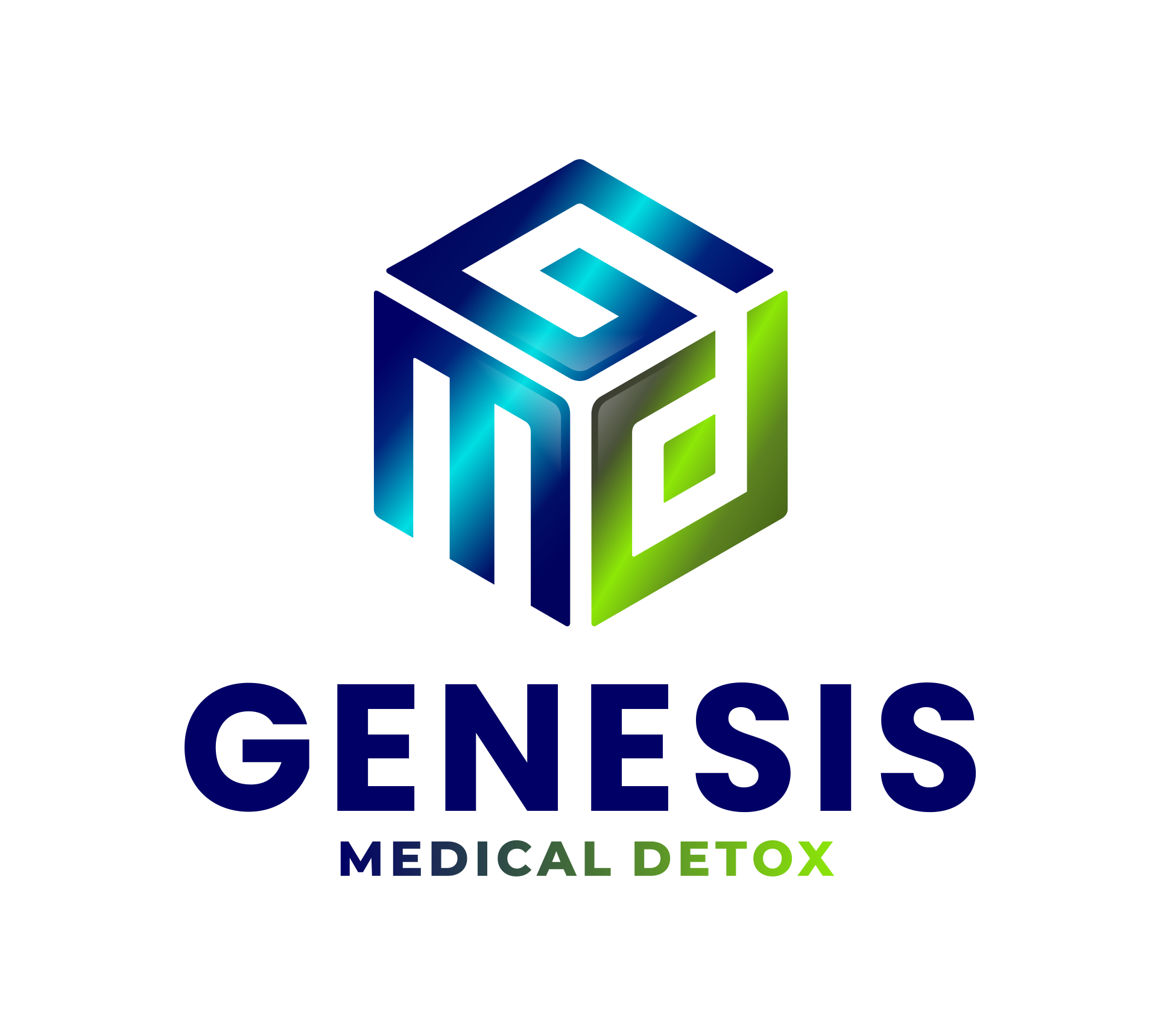Going through drug detox and rehabilitation can be life-changing. However, it is important that you continue to have reliable resources available for you once you leave the facility. It is undeniable that every good recovery plan has a solid aftercare program. No matter how good your original detox and treatment care was, you will need the support of your aftercare program to learn the skills you need to continue recovery. Aftercare is designed to help you continue to strengthen your skills and learn new methods and tools for resisting addiction and continuing on your path toward sobriety. There are three basic goals of an aftercare program: Provide support during early recoveryPrevent relapseProvide assistance in working toward life goals Every aftercare plan is different and may have different components. It is vital to create an aftercare plan before leaving your original recovery center to ensure you have the best chances of being successful and living substance-free. Working together with our team of experts, you will be able to make choices about what kinds of treatment you will be engaged in as you continue your journey. Sometimes, those options will depend on where you live, if you are staying with family, if you are working, and other factors. Your aftercare plan is not meant to keep you from doing things you want but rather to help you do the things you need so you can get better. The most important part of an aftercare plan is figuring out your needs and then finding ways to meet all those needs. Here are some questions you will ask yourself while working with your team to make your plan: Will I need medication management for preexisting conditions and/or to manage psychological issues?Will I need help with transportation?Will I be able to support myself?How does work fit into my recovery plan?How can I continue to care for my family while in recovery?How much time will I have for going to meetings and appointments? Can I make some of them online? Your aftercare plan should be sustainable so that you can continue to follow up with your plan for at least a year into recovery. That is the amount of time it can take to make new habits and the amount of time it takes many people to start making comfortable decisions on their own that are unrelated to recovery. While making your aftercare plan, you need to consider all that you need with your obligations and goals. Your aftercare plan is about you. Your original recovery center may offer a way for you to keep in touch with others who started the journey at the same time. There are different names for those programs, but they all have the same idea, that is to use the support of others in recovery to strengthen your own.If you are involved in an alumni program, you will have a chance to discuss your struggles with people who are going through the same thing. Without comparing your progress, you can experience the relief of knowing that others are going through the same thing and they are fine. Some people choose to go into a sober living home after detox and treatment. Sober living homes offer a more structured environment, and residents must follow certain rules if they want to stay. For instance, it is common that residents of sober living homes will be required to abstain from drugs and alcohol, attend meetings, and look for employment.If you live in a sober living home, you do not have to search for someone to talk to who is going through the same thing. You benefit in this way by living in a place with other people who support each other on a daily basis. Sober-living homes also have access to other resources in the community. Most people think of 12-step meetings when they think of recovery meetings, although your community may have other meetings that are not affiliated with the 12 steps. The point of recovery meetings is that you will make a commitment to attend certain meetings where you will listen to the stories of others in addiction and offer your own experience, strength, and hope.The most important part of going to meetings is that you can get out of your own head and realize that everyone can make a contribution. If you choose to work the 12 steps, you will also get a sponsor, who is like a mentor who will help you work your way through the program.Another important part of recovery meetings is that they are flexible. Because of COVID, there are now a lot of meetings online too, which can help people who live in more isolated communities or who have problems with transportation. Therapy should remain constant for the first year after you start recovery. You cannot see how many changes you are going through as they happen, but your therapist will be able to see the changes that are taking place in you.Your therapist can also help you to manage new expectations with your friends and family. You do not have to give up old relationships if you can mend broken relationships, and many people benefit from the support of people they thought were lost to them while in the throes of addiction. Your therapist can also help you to keep an eye out for any signs that you may be heading toward a relapse. Asking for help is just the first step. Our detox and treatment centers in Alabama and Tennessee offer the tools you need to start your recovery, and your aftercare plan will give you the tools to succeed in life once you leave treatment. If you have any questions or want to verify your insurance coverage, call our team at 844-895-0537 to schedule an appointment at our Muscle Shoals, AL, or Pulaski, TN, facility to get started on your treatment. Today is the first day of the rest of your recovery, once you take that first step and let Genesis Medical Detox give you the help you need.What Is Aftercare?
How Do You Create an Aftercare Plan?
Aftercare Programs Related to the Facility/Alumni Programs
Sober Living Homes
Recovery Meetings
Ongoing Therapy
Get the Help You Need Now









